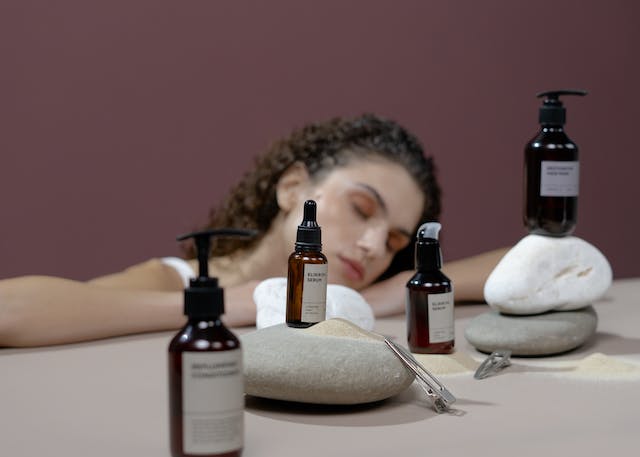
In the world of private hair products, the concept transcends mere branding to redefine the beauty industry landscape. Within this business model, a distinctive synergy unfolds between manufacturers and brands. Picture this: a company formulates, and crafts quality hair care products and another strategically molds these creations into a unique brand identity. The result? A harmonious blend of customization and market agility that propels businesses into a competitive yet rewarding space. Let’s unravel the layers of this intricate tapestry, exploring the intricacies and possibilities that come with having a private-label product.
Definition of Private Label Products
Private label hair products encompass a manufacturing arrangement where a company produces hair care items, and another entity rebrands and markets these products as their own. Essentially, this business strategy eliminates the necessity for internal product development and permits the establishment of a distinctive brand identity. The manufacturer responsible for formulating and producing the hair care items remains separate from the brand that markets and sells these products to consumers. This distinction between production and branding enables businesses to offer a diverse range of customized hair care solutions without the complexities and resource-intensive processes involved in developing products from scratch. Private label products, as a result, present a strategic avenue for businesses to swiftly enter the market with a distinct product line while benefiting from the expertise of established manufacturers.
Customization and Branding
A private label products business model allows companies to tailor formulations, scents, and packaging according to their unique vision and market positioning. By selecting specific ingredients and designing distinctive packaging, businesses can cultivate a brand identity that resonates with their target audience. The ability to customize extends beyond product features; it includes the development of a cohesive brand image that aligns with marketing strategies and consumer expectations. A sense of ownership is fostered by this degree of control. It enables businesses to differentiate their private-label hair products in a competitive market, ultimately contributing to the establishment of a recognizable and appealing brand presence.
Benefits of Private Label Products
Private label products offer several advantages for businesses entering the beauty industry. One significant benefit is brand control, allowing companies to shape their image by customizing formulations, scents, and packaging. This level of customization enhances the uniqueness of Private label products in the market, contributing to a distinctive brand identity. Moreover, the private label model facilitates time and cost efficiency, as it eliminates the need for extensive product development, enabling quicker market entry with reduced upfront investment. This strategy serves as an effective market entry point, enabling businesses to test the waters without the complexities of creating an entire product line from scratch. In essence, the versatility and control inherent in private-label products empower businesses to navigate the competitive beauty landscape with agility and strategic positioning.
Quality Control and Assurance
When selecting a manufacturing partner, businesses have the opportunity to scrutinize and ensure adherence to high manufacturing standards. This ensures that the final products meet stringent quality and safety requirements, instilling confidence in both the brand and the consumers. Furthermore, the private label model allows active participation in ingredient selection, affording businesses the ability to align the components with their brand values and cater to specific market demands. This meticulous approach to quality control safeguards the integrity of private label products, fostering trust among consumers and solidifying the brand’s reputation in the competitive beauty industry.
Challenges and Considerations
Chief among these challenges is the competitive nature of the beauty industry, where standing out requires strategic positioning and effective marketing. Additionally, reliance on external manufacturers poses a potential challenge, emphasizing the importance of choosing a dependable partner to avoid disruptions in production timelines. Businesses engaging in private labeling must also be mindful of the need for continuous innovation to remain relevant in a dynamic market. These considerations underscore the importance of a comprehensive business strategy, one that addresses challenges proactively and positions private hair products for sustained success in an ever-evolving industry.
Conclusion
The ability to curate formulations, scents, and packaging gives you a unique edge in the beauty industry. With control over branding and quality, you navigate the competitive landscape strategically. However, be mindful of challenges, from the need for effective marketing to the dependence on manufacturing partners. The journey into private hair products demands a balance of innovation, brand positioning, and a keen awareness of market dynamics.


